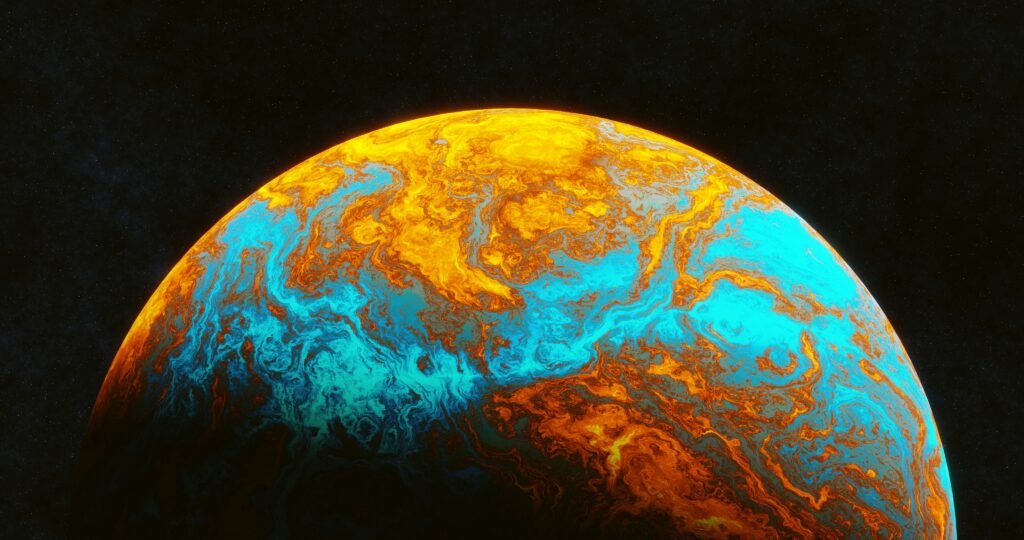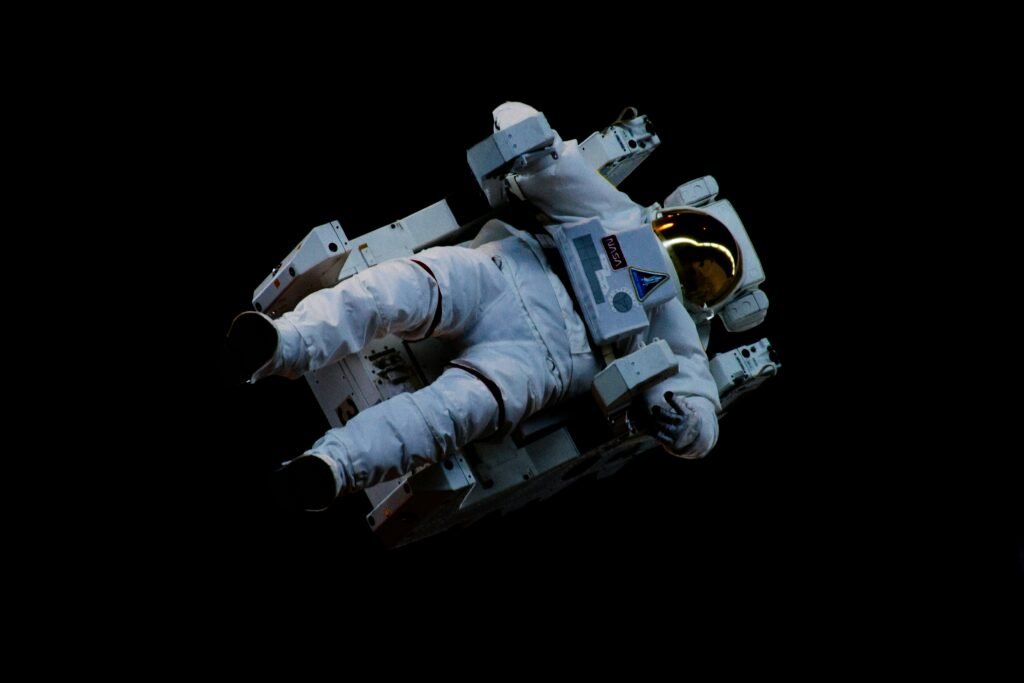
For decades, space exploration has pushed the boundaries of science, technology, and imagination. From the first Moon landing to recent missions to Mars and beyond, humanity’s journey into space has changed how we view our planet and our place in the universe.
But beyond the excitement and discovery, many people ask: What is space exploration's impact on Earth’s future? In this article, we’ll explore the benefits, challenges, and future possibilities of space travel and how it continues to shape life here on Earth.
Why Space Exploration Matters

Space exploration is more than just visiting other planets; it’s a driving force behind new ideas, global cooperation, and solutions to Earth’s problems. As NASA and other agencies expand their reach, their discoveries often lead to technologies and strategies that benefit everyday life.
Whether through improved communication, disaster monitoring, or environmental research, space exploration is already visible in our modern world.
Technological Benefits for Earth

Many of the tools and devices we use today were inspired by space missions. Here's how space exploration affects Earth through tech innovation:
1. Communication Advancements
Satellites launched for space research now power global internet, GPS, weather tracking, and emergency communications.
2. Medical Innovations

Equipment developed for astronauts—such as heart monitors, water purifiers, and portable X-rays—has led to improvements in healthcare worldwide.
3. Clean Energy and Materials
Research into sustainable energy and lightweight materials for space missions has encouraged the development of solar panels, fuel cells, and eco-friendly packaging.
These technologies show that space exploration’s impact on Earth’s future goes far beyond rockets and rovers.
Environmental Monitoring and Protection
One of the most important impacts of space research is how it helps protect our environment.
- Earth-Observing Satellites track climate change, deforestation, and pollution.
- NASA’s satellite systems assist with natural disaster prediction and management.
- Monitoring ice sheets, sea levels, and carbon levels has improved climate science.
Thanks to these tools, governments and scientists can make better decisions for the future of our planet. You can follow space exploration news from NASA or the UK Space Agency to stay updated on their environmental missions.
Economic and Educational Impact
Investing in space also boosts the economy and education systems:
- High-Tech Jobs: Space programs create jobs in engineering, science, AI, and robotics.
- Global Industry: The commercial space sector continues to grow, offering opportunities for new startups and services.
- STEM Education: Space inspires young minds to pursue science, technology, engineering, and math fields essential for the world’s future.
If you're inspired, you can buy space exploration courses to learn more about this exciting field.
Space Exploration and Global Cooperation
Space missions often involve partnerships between countries. For example:
- The International Space Station (ISS) is shared by the US, UK, Europe, Russia, and others.
- Data from space is shared globally to solve common challenges like climate change and food security.
- Collaborative missions reduce costs and encourage peaceful, shared use of space.
Such teamwork strengthens diplomacy and reflects how US and UK space research contribute to global goals.
Planning for the Future: Earth and Beyond
One of the biggest reasons for exploring space is preparing for the long-term survival of humanity.
1. Learning to live
Research on the Moon and Mars helps us understand how humans might live on other planets. This includes developing food systems, recycling water, and building safe habitats.
2. Resource Discovery
Asteroids and other celestial bodies contain metals and minerals that could be mined for future use—reducing pressure on Earth’s limited resources.
3. Planetary Defense
Space missions also help us track near-Earth objects that could pose a threat. NASA and other agencies are testing defense methods to prevent possible asteroid collisions.
All these efforts show that space exploration’s impact on Earth’s future could mean the difference between survival and extinction in extreme scenarios.
NASA’s Role and the Future of Exploration
NASA leads global efforts in space science, exploration, and technology. With missions like Artemis (aiming to return humans to the Moon) and Mars exploration programs, NASA continues to pave the way for deeper understanding and practical innovations.
At the same time, UK space research is contributing to small satellite development, clean launch technologies, and space weather monitoring. Both nations are working together on global projects for a safer, smarter future.
You can follow space exploration news from NASA, ESA, or UK Space Agency to watch these breakthroughs unfold in real time.
How You Can Get Involved
Whether you're a student, educator, or curious learner, there are many ways to learn about and support space missions:
- Enroll in space exploration courses
- Use mobile apps to track real-time missions
- Join space clubs or educational webinars
- Read research articles and watch documentaries
- Visit space centers or museums
You can also buy space exploration courses online, many of which are beginner-friendly and focus on real science.
Final Thoughts
The impact of space exploration is all around us—from our phones to weather forecasts to the technologies that keep us healthy. But the true value lies in what it teaches us about Earth, ourselves, and what’s possible when we push beyond limits.
As we look to the stars, we gain new tools to protect our planet, create jobs, and prepare for challenges ahead. With continued support from US and UK space research and international cooperation, space exploration will continue to shape our shared future—for Earth and beyond.







